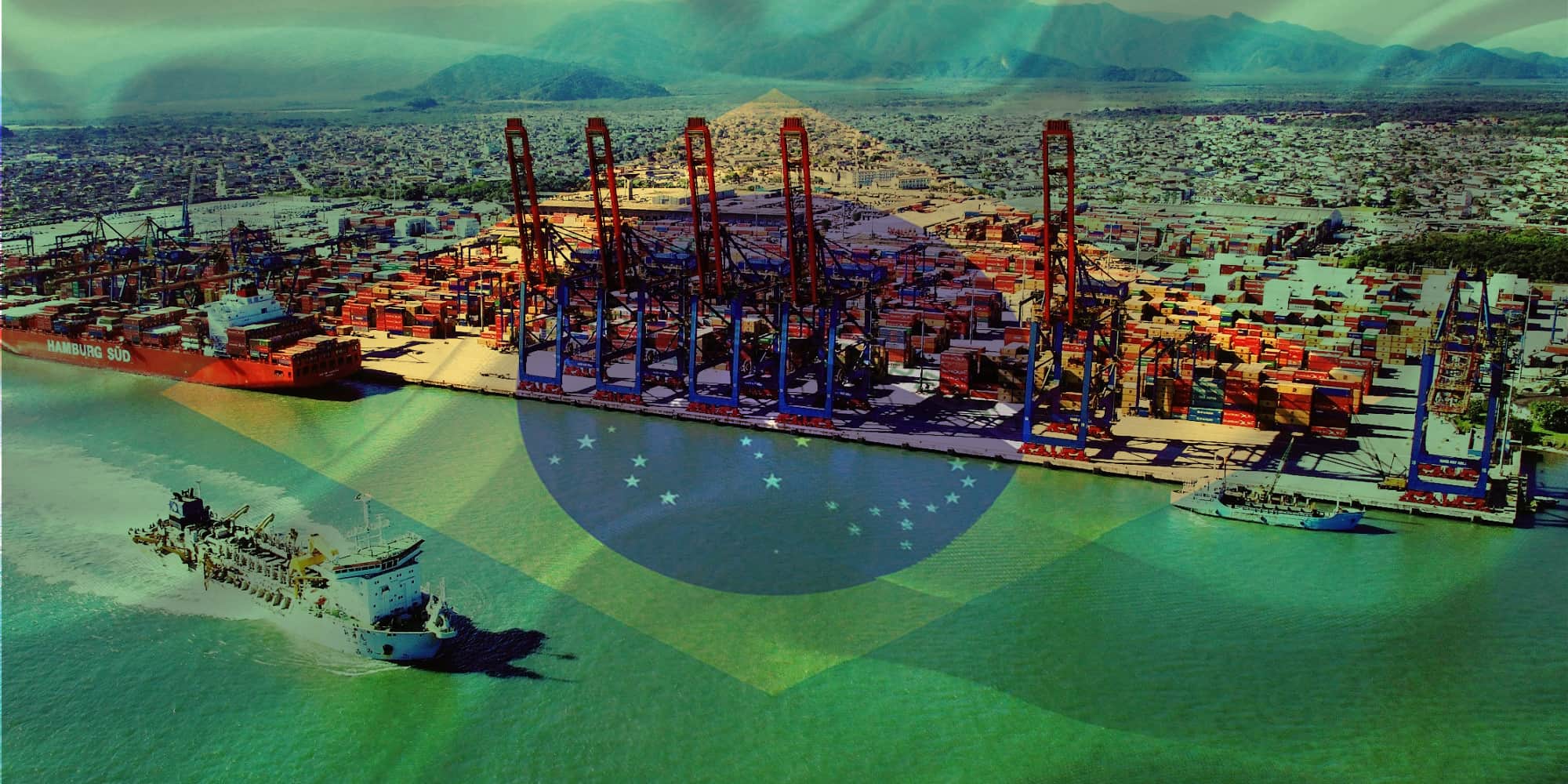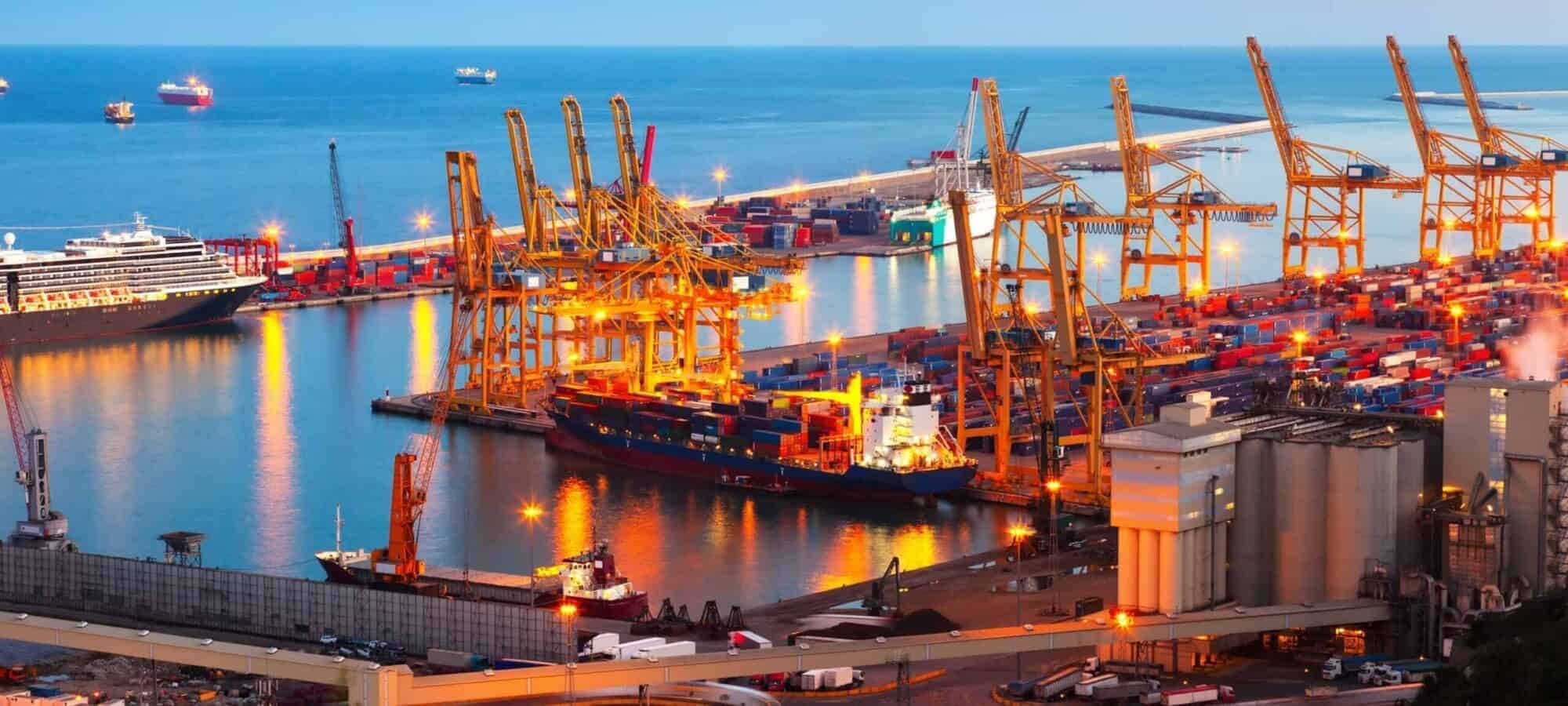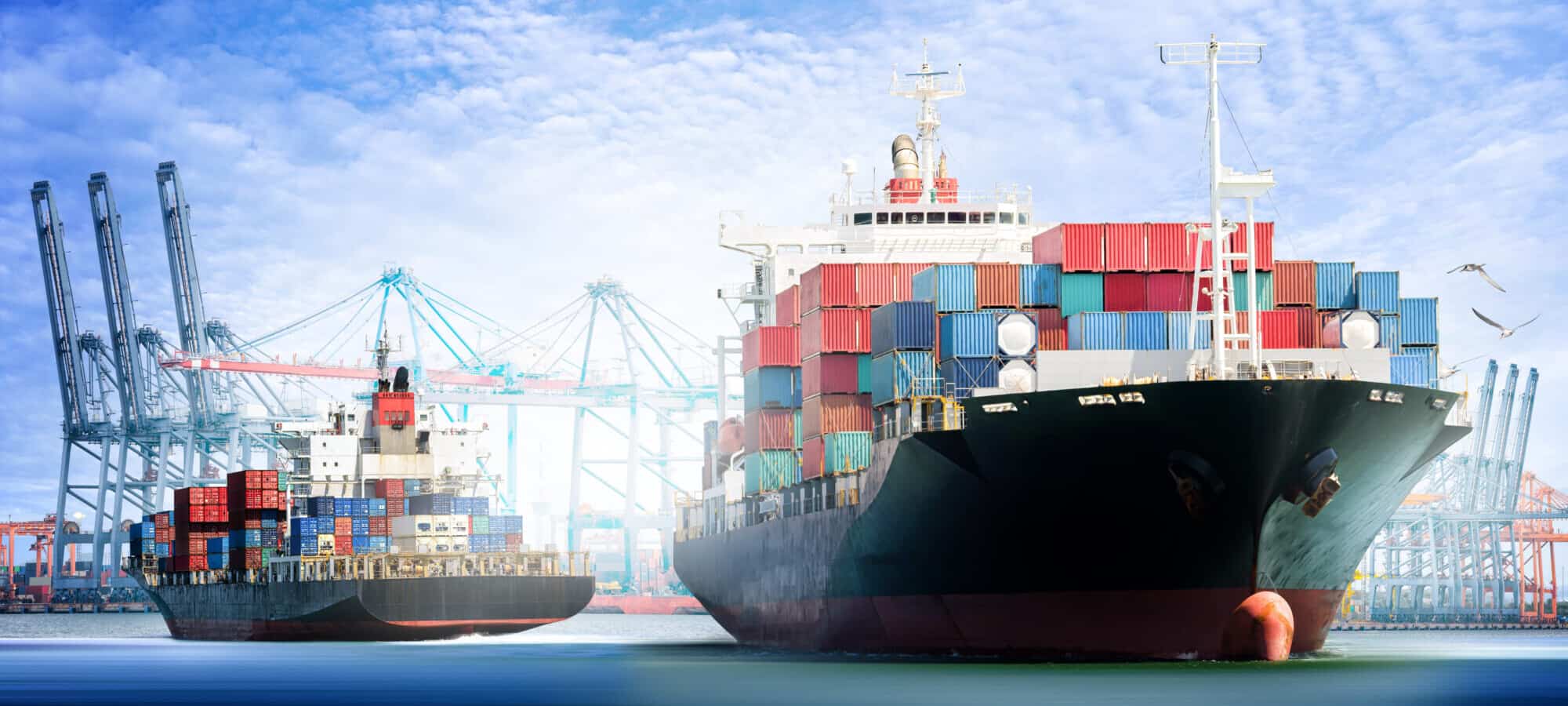Like most other Latin American countries, there are extremely lucrative opportunities to be explored when exporting to Argentina. However, there are also many pitfalls if an inexperienced Shipper or Freight Forwarder attempts to go there without the required knowledge. There are many important factors to consider, and here we explore some of the ups and downs when exporting your goods to Argentina, the South America’s second largest economy.
Obstacles to Consider when Exporting to Argentina
Although improvements are being made, there still exist some pronounced challenges that businesses encounter when exporting to Argentina or doing business there. Among these, we find:
-
- Slow and inconsistent processing of customs paperwork:
Outdated systems, a slow rate of adoption to technology, and corruption among customs agents complicate this. - Excessive labour costs:
Many socio-economic factors contribute to this, and they are often volatile. This has a direct impact on bottom-line costs related to shipping into Argentina. - High inflation:
According to the IMF, the annual inflation rate increased from 34.3% in 2018 to 53.5% in 2019. The currency depreciation and weak internal demand caused a decline in imports in 2019.
- Slow and inconsistent processing of customs paperwork:
Business Opportunities to Consider when Exporting to Argentina
Although economic forecasts have been quite uncertain in Argentina for years, the recovery of agricultural activity along with promising investment plans for production of natural resources are strong indicators of a better future.
Recent stabilizing macroeconomic policies focused on renegotiating debt, controlling inflation and boosting domestic consumption should also contribute to a better economic performance.
Lots of opportunities exist for foreign companies from a wide range of industries:
-
- Agriculture: machinery, tractors, farming technology, organic chemicals, fertilizer.
- Mining: construction machinery, heavy equipment, crushers, vibrating meshes, construction machinery, chemical products, etc.
- Oil & Gas: infrastructure equipment, chemical products, fracking and drilling technology material, environmental protection products.
- Rail: specialized material, rail vehicles, signaling equipment, switches and crossings, etc.
- Healthcare: imaging diagnostic equipment, cardiology surgery supplies, specialized top end instruments.
Top Exports to Argentina
According to the last available data from WTO, Argentina imported USD 65.4 billion worth of goods in 2018. The most popular importations to Argentina in 2018 ranked as follows (with percentage of total dollar value indicated).
-
- Vehicles, motors vehicles, parts and accessories (19.8% of total import dollars)
- Machinery including computers (14.9%)
- Electrical machinery, equipment (12.9%)
- Mineral fuels including oil (8.2%)
- Plastics, plastic articles (3.6%)
- Pharmaceuticals (3.6%)
- Organic chemicals (3.5%)
- Optical, technical, medical apparatus (2.7%)
- Other chemical goods (2.2%)
- Iron, steel (1.9%)
Import Restrictions and Prohibitions
The Argentinean government has a very strict enforcement regulation, and a list of prohibited goods that changes frequently depending on current trends and conditions. Shipments of used automobiles, motorcycles and velocipedes; used clothing and accessories; used and recapped tires; some used machinery, equipment, instruments, devices, and its parts; and all type of toxic wastes or dangerous residues are part of this prohibited list.
Restrictions also exist for a number of items that would require import licenses or import permits. In some cases, a sanitation certificate issued in the country of origin may also be necessary. Pharmaceutical products and cosmetics, health supplements, medical devices, consumer-ready food products, alcoholic and non-alcoholic beverages, animal and plant goods, wine products, poultry products, to name a few.
Other products, such as sugar or steel are protected through Customs restrictions, quotas and/or high Customs duties.
Customs Clearance
Imports:
The primary objective of customs agents in Argentina is to prevent illegal narcotics, weapons and ammunition, explosives, and other explicitly illegal material from entering the country. The list of prohibited goods is subject to change at any time, which makes it difficult to adhere to, even when conducting legitimate business.
Bearing in mind that Customs Agents have the right to open packaging and inspect merchandise at their own personal discretion, there is risk of delays or even damage. To speed up the Customs approval process and ensure entry, all documentation must be correctly filled out and submitted at the time of shipping.
Among the recurring restrictions: exporting cultural artifacts and samples of flora and fauna threatened with extinction is not permitted. Certain agricultural products (such as meat, dairy, wheat, corn, etc.) can also become temporarily forbidden when the national market struggles.
Export Clearance:
Movement of goods within Mercosur (an economic and political bloc comprising Argentina, Brazil, Paraguay, Uruguay, and Venezuela) is free except for restricted goods. To leave Mercosur boundaries, customs clearance is needed. The customs office not only verifies all export declarations, but it can also control the movement and authorizes the seizure of merchandise.
These customs declarations must include details on the origins, the tariffs and valuation of the goods.
Classification of Goods and Licences
Argentine Customs Agencies use a Harmonized System for classification of goods. Current regulations (as of 2015) separate all customs codes into 2 main categories: Automatic import licences and Non-automatic licences. Under these laws, it is expected that most licences are accorded (unless there is suspicion of ‘dumping’ involved).
Categories which are now excluded from the Non-automatic licence requirement:
-
- Commercial samples
- Donations
- Goods imported under diplomatic franchises
- Imports duty paid from the Tierra del Fuego special economic area
- Imports via courier and postal system if deemed to be for personal use
Customs Duties when Exporting to Argentina
The valuation method for import duties is based on the Cost, Insurance and Freight (CIF) model.
Customs Duties (or Import Duty) and taxes will be pending and need to be cleared while importing goods into Argentina, be it by a private individual or a commercial organization.
Duty and Sales Tax Guideline:
| Duty Rates | Average Duty Rate | Sales Tax(GST) | Threshold on goods |
| 0% to 35% | 22.27% | 21% | No duty if below FOB is below $30 |
US$500 is the Statistical Fee charged to the maximum and some are at the rate of 0.5% (CIF). Excise duty will be applicable on alcohol and tobacco products.
Average Customs Duty: Transactions within Mercosur boundaries are free of duty, though there are considerable exceptions. Re-exporting goods within Mercosur does not entitle one to an exemption from customs duties. Customs tariffs applied to goods outside of Mercosur typically range between 5-14%. Companies that import industrial tools for their own use can be exempted from an import tax.
The stringency with which Customs officials adhere to guidelines is reported to vary based on the current economic situation. To avoid companies under-invoicing, Argentine Customs are entitled to apply a predefined value for the calculation of customs duty. These reference values are not published, nor are the evaluation criteria.
There are also restrictions on foreign currency paying import duties. Argentine tax authorities must give their approval beforehand.
Imports Requirements and Documentations
According to the US International Trade Administration, the following documents are required when importing to Argentina:
For Maritime Shipments:
-
- Commercial invoice (original and three copies)*
- Bill of lading (minimum of one copy for customs purposes)
- Packing list (not generally required for bulk commodities or for articles that are identical in kind, characteristics, composition, weight, etc.)
- Insurance certificate (if insurance coverage is purchased by the exporter)
For Air Cargo Shipments:
-
- Commercial invoice (original and three copies)*
- Air waybill (number of copies depends on requirements of the importer and of the airline used)
- Packing list
*Commercial invoices must include payment terms and the date on the invoice must be prior to the bill of lading date.
Certificate of Origin:
Customs in Argentina may also require a certificate of origin for certain products such as textiles, footwear, apparel, machine tools, organic chemicals, tires, bicycle parts, flat-rolled iron and steel, air conditioning equipment, wood fiberboard and toys:
-
- to claim preferential import duties when the country of origin has signed a trade agreement
- to address import issues such as: Anti-dumping Duties, Countervailing and safeguard Measures, Import Quotas and trade statistics
All documents presented to Argentinean authorities must be in Spanish or be accompanied with a translation from a certified translator.
Due to the complexity and constant changes of the customs regulations and import standard requirements, it is recommended to partner up with a reliable Freight Forwarder prior to shipping goods to Argentina.
A freight forwarder that understands the local culture, speaks the language and with strong knowledge of the customs regulations is essential to be able to deal with the Argentinean importations safely, efficiently and worry free.
Merchandise Quality Control
Inspections and approvals for incoming goods in Argentina are conducted by these Quality Control Organizations: Bureau Veritas in Argentina, Argencert Argentina, SGS Argentina. Local Export Control Organizations in the country of origin grant approval for the export of commercial goods. It is up to the shipping organization to verify that their goods meet the legal requirements for export.
Modes of Transportation to and within Argentina
International goods entering from outside Mercosur borders do so primarily by sea. The port of Buenos Aires handles about 60% of shipping traffic and the port of La Plata comes in second. The Uruguay and Parana rivers are crucial for connecting Buenos Aires with economic centres within the country, as well as to Brazil and Paraguay.
Road transport dominates the movement of goods (national and regional) within Argentina, with rail and air following far behind. The road network covers almost the entire country, though most of it is in poor condition.
A wealth of information to be aware of, and this is only the beginning when exporting to Argentina. All the more reason to be vigilant and only deal with the best Freight Forwarder in the industry.


 LAC Team
LAC Team


